
The English language contains over 200,000 words, drawing from Germanic, Latin, Greek, and over 350 other language roots. New words get added to English every year. (For instance, here are 30 words that didn’t exist 30 years ago.)
Given its large size and diverse origins, English can be confusing, filled with ambiguities and words that are easily misused or misunderstood. Like most languages, English evolves over time and word meanings can change.
For example, “nice” used to mean foolish and “awful” meant awe-inspiring. More recently, “hopefully” has come to mean “it is to be hoped,” though it originally meant “with hope.” (These are 36 old words we use today but with new meanings.)
For example, “nice” used to mean foolish and “awful” meant awe-inspiring. More recently, “hopefully” has come to mean “it is to be hoped,” though it originally meant “with hope.”
Click here for 10 words that don’t mean what you think they do
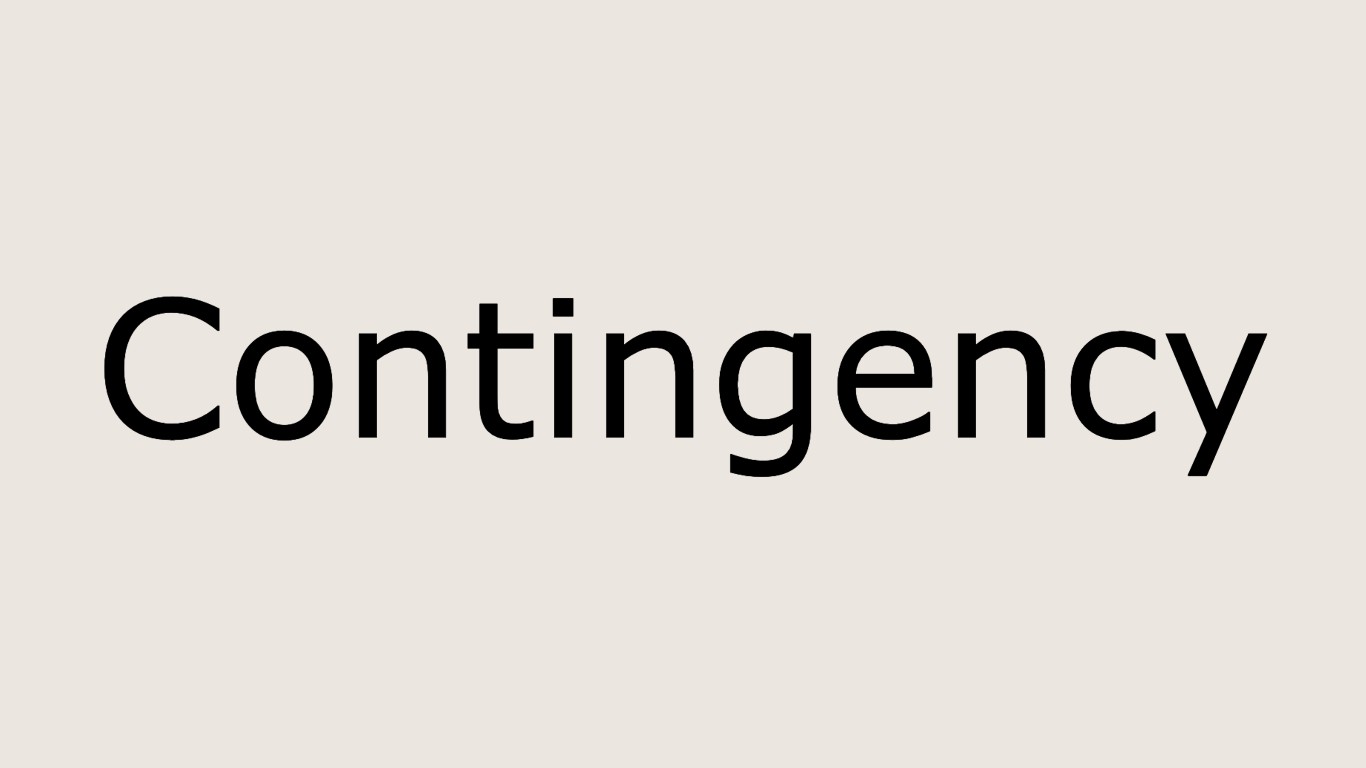
Contingency
There’s no such thing as “a contingency of experts,” “of French chefs,” “of Chinese ministers,” or the like. A contingency is something that might happen (“We must prepare for every contingency”). A group of people is a contingent.
[in-text-ad]
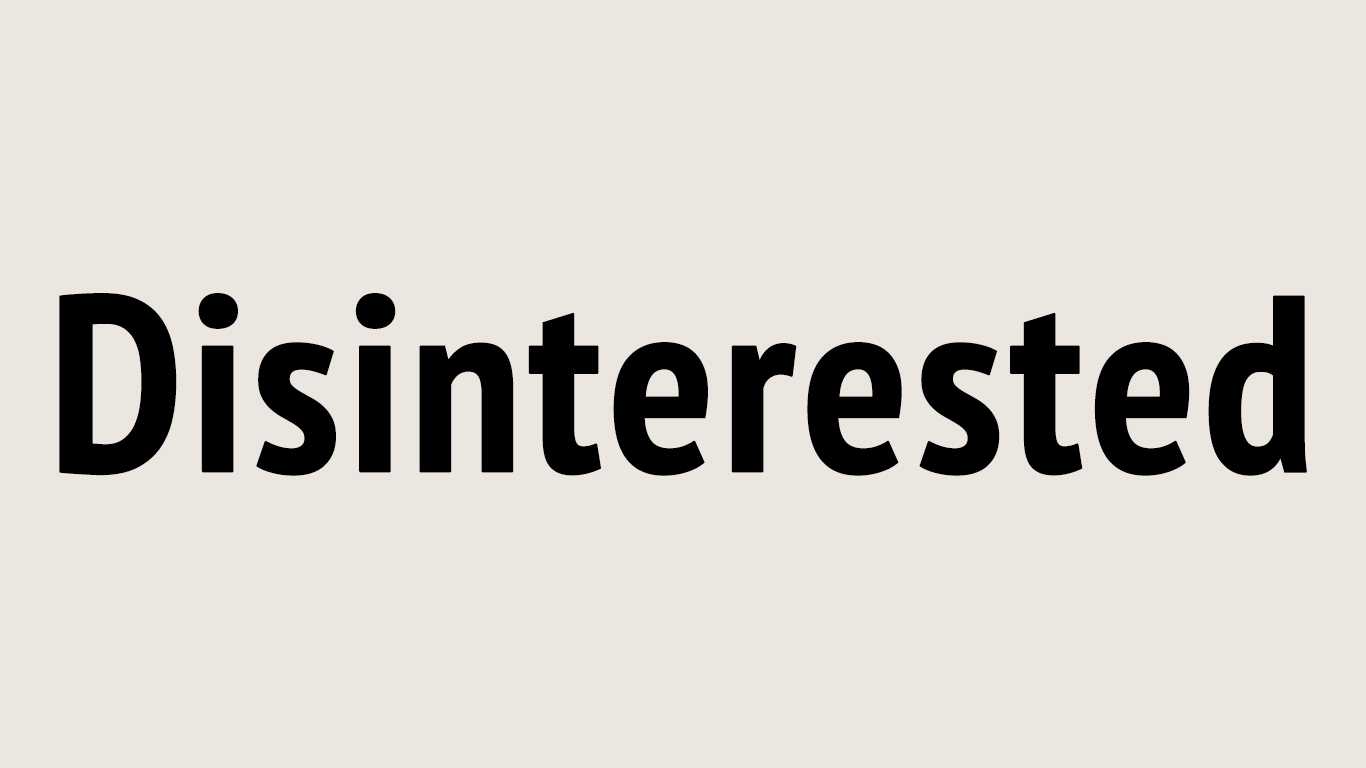
Disinterested
If you’re not interested in something, you’re uninterested. “Disinterested” means that you have no direct stake in something, financially or in some other sense. A judge in a courtroom should always be disinterested in the proceedings, though they may interest him very much.

Exhibit
If you go to the museum to see a Picasso exhibit, you’re just seeing one painting or print or whatever. An exhibit is a single item. Think “Exhibit A.” An exhibition is a whole collection of exhibits, which is probably what drew you to the museum.
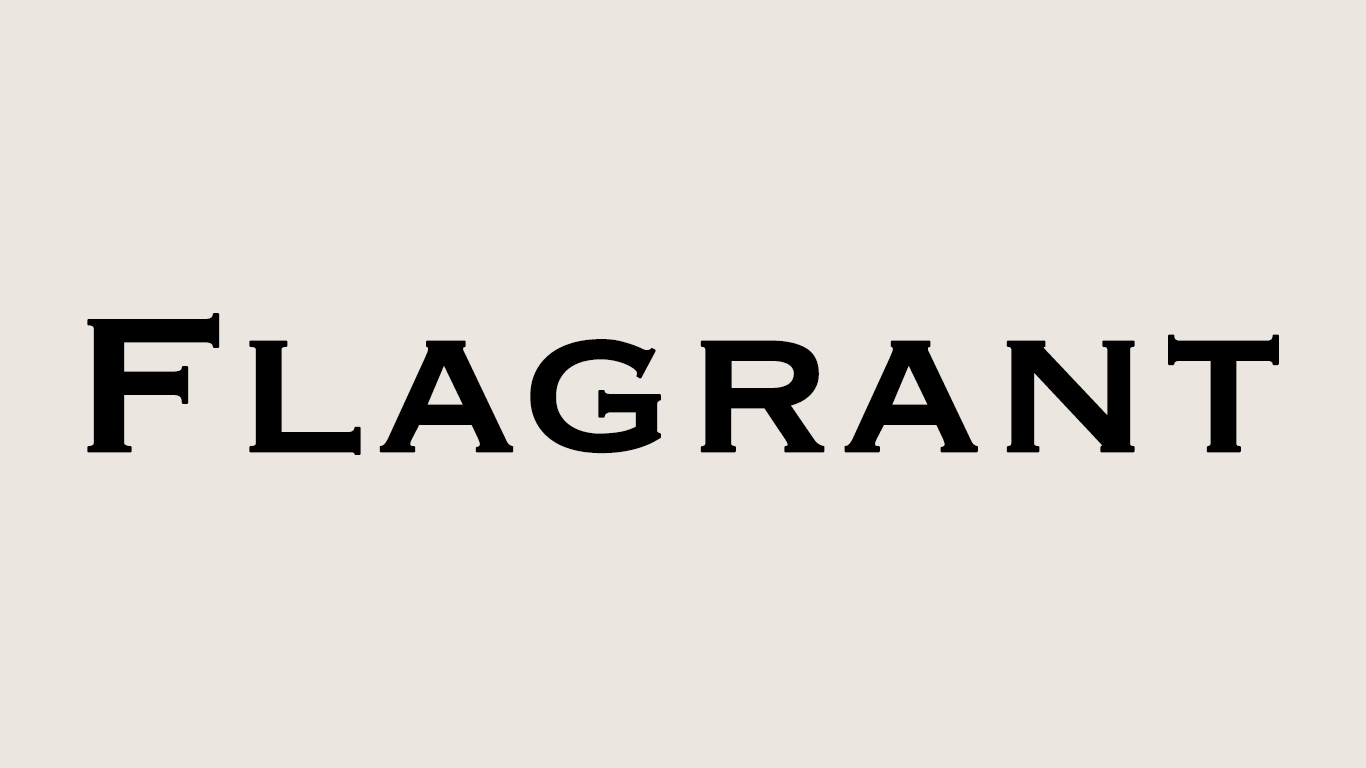
Flagrant
People use “flagrant” to mean obvious, as in “a flagrant error” or “a flagrant invitation.” It means something stronger than that, though — not just obvious but particularly offensive or objectionable. The aforementioned error and invitation are more correctly “blatant.”
[in-text-ad-2]

Further
San Francisco isn’t further from New York than Boston is and you didn’t run further than you should — it’s “farther” in both cases. “Farther” refers to physical distance, “further” to non-physical or metaphorical ones (“Let’s not take this argument any further,” “It is further stipulatedâ¦.”)

Infamous
This adjective gets applied to all kinds of things these days — “The restaurant’s infamous chocolate cake,” “The team’s infamous victory over their rivals,” and so on — when what people actually mean is “famous” or “celebrated.” “Infamous” isn’t a compliment: It means disgraceful or having a bad reputation.
[in-text-ad]

Insure
You can’t insure that something bad won’t happen. You can insure yourself — that is, buy insurance — so that you’ll be compensated if something bad does, but what you want to try to do is ensure that something bad won’t happen. “Ensure” means to guarantee or make certain; “insure” means to buy insurance or otherwise indemnify.
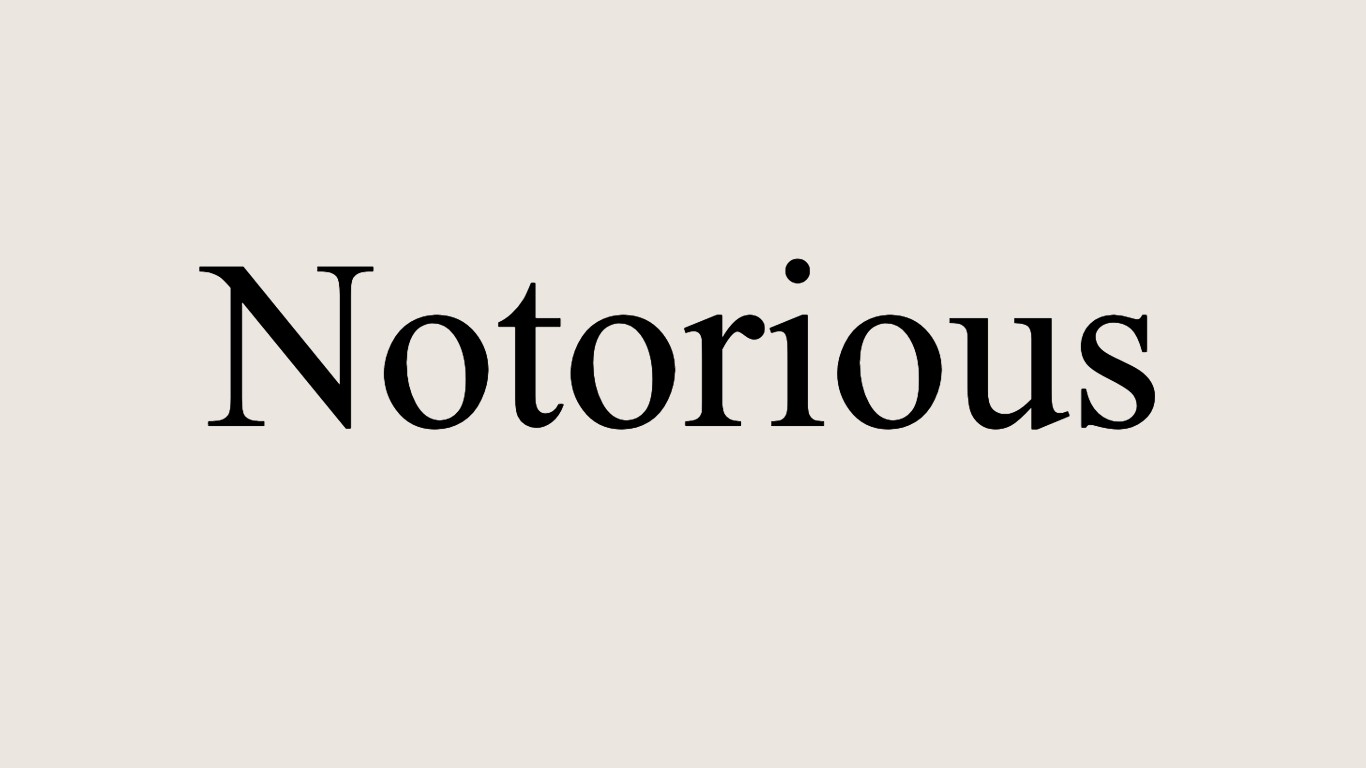
Notorious
See “infamous,” above. “Notorious” sometimes gets used in the same way (“The restaurant’s notorious chocolate cake.”) But it doesn’t just mean famous — it means famous in a bad way, or known unfavorably.
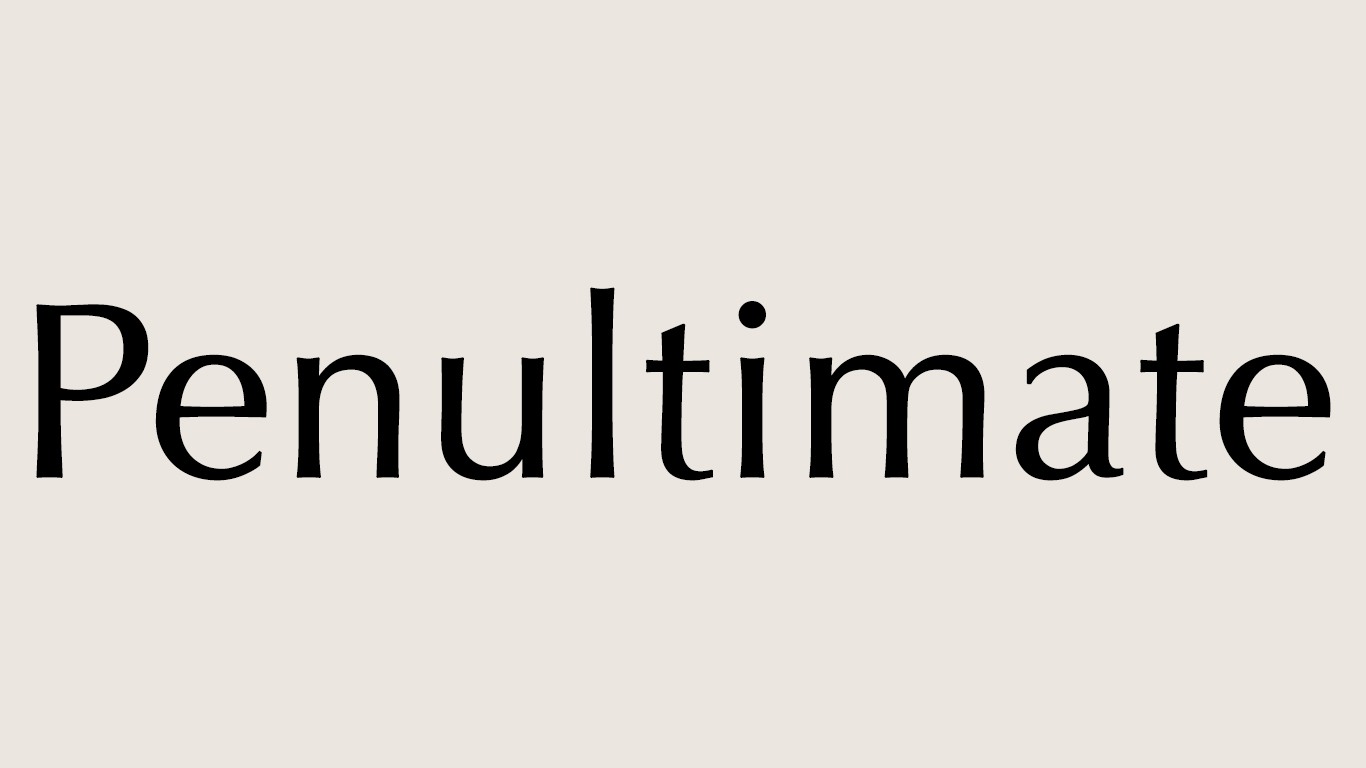
Penultimate
This is the penultimate word in this list. And, no, it’s not the last one. The last word is the ultimate one; “pen-” is a Latin prefix meaning “almost,” and “penultimate” means second-to-last.
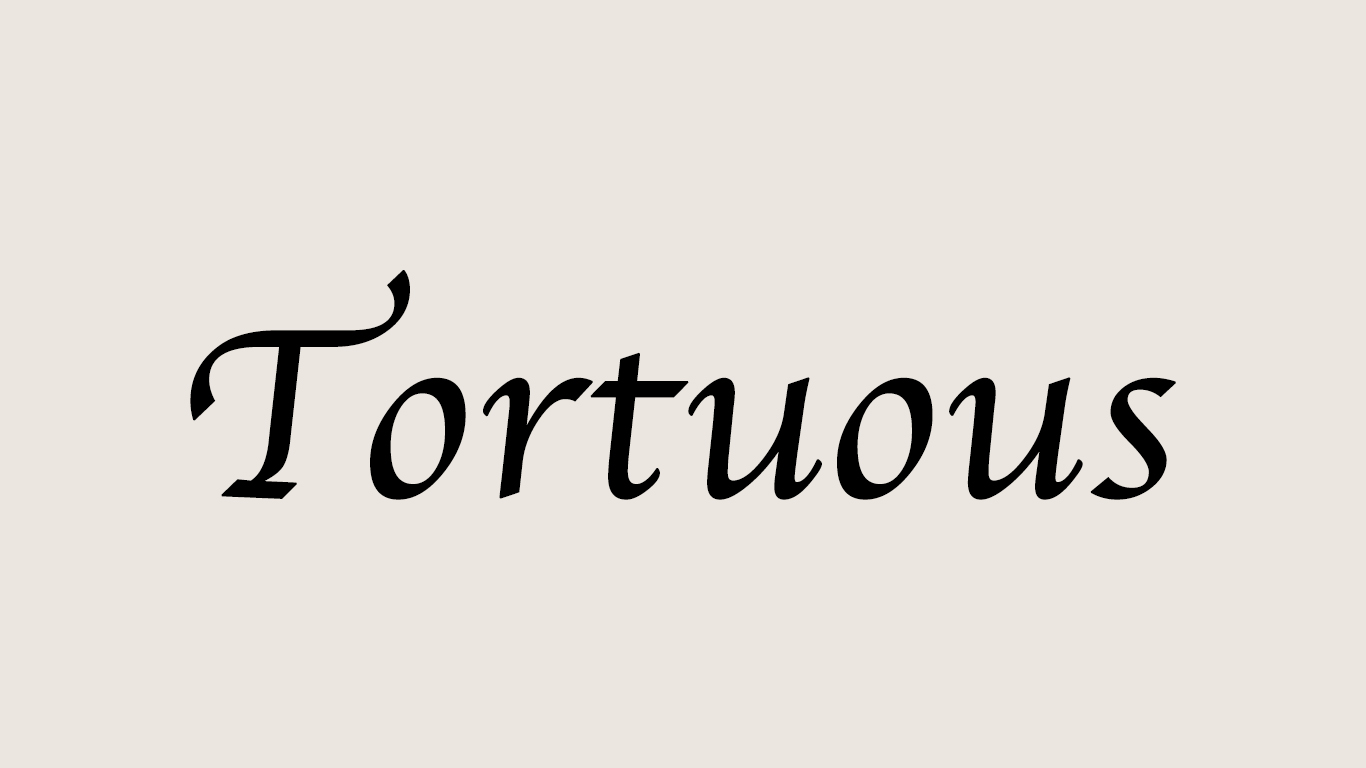
Tortuous
It sounds like something that tortures you, but that would actually be “torturous.” “Tortuous” means winding or twisting, like a road that curves up a mountainside.
Thank you for reading! Have some feedback for us?
Contact the 24/7 Wall St. editorial team.

 24/7 Wall St.
24/7 Wall St.



